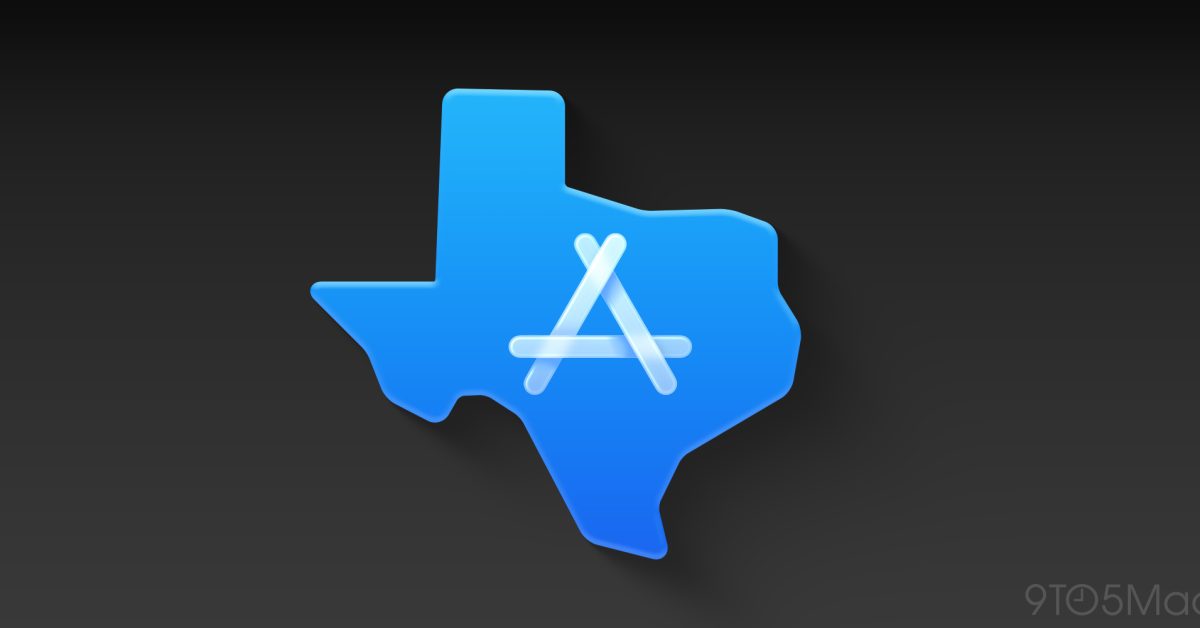
apple accidentally leaks new web app store Apple has inadvertently exposed the front-end source code of its newly revamped web App Store, leading to significant discussions within the tech community.
apple accidentally leaks new web app store
Background on Apple’s Web App Store Revamp
On November 4, 2025, Apple introduced a redesigned web interface for its App Store, aiming to enhance user experience and streamline navigation. This update was part of Apple’s ongoing efforts to modernize its digital storefront, making it more accessible and user-friendly. The new design featured a cleaner layout, improved search functionalities, and a more intuitive browsing experience for users looking to discover apps across various categories.
The revamp was met with enthusiasm from users and developers alike, as it promised to improve app visibility and facilitate easier access to applications. The update also included enhanced features for developers, such as better analytics tools and more robust marketing options, which were expected to drive engagement and sales.
The Leak: What Happened?
Just hours after the launch of the new web interface, a GitHub project surfaced containing the entire front-end source code of the App Store. This unexpected leak raised eyebrows and sparked conversations about security protocols within Apple. The source code included HTML, CSS, and JavaScript files that are essential for rendering the web interface, which meant that anyone with access to the repository could analyze and replicate the design and functionality of the App Store.
It is unclear how the source code made its way to GitHub. Some speculate that it was uploaded by a developer who had access to the code during the testing phase, while others suggest it could have been a result of a misconfiguration in Apple’s deployment process. Regardless of the cause, the leak has significant implications for Apple and its ecosystem.
Implications of the Leak
The exposure of the App Store’s front-end source code could have several ramifications for Apple, developers, and users. Here are some key points to consider:
- Security Risks: With the source code publicly available, malicious actors could potentially identify vulnerabilities within the App Store’s architecture. This could lead to exploits that compromise user data or the integrity of the platform.
- Competitive Disadvantage: Competitors could analyze the code to understand Apple’s design choices and functionality, potentially allowing them to create similar or improved offerings. This could undermine Apple’s competitive edge in the app marketplace.
- Developer Reactions: Developers may feel uneasy about the security of their applications hosted on the App Store. If vulnerabilities are discovered, it could lead to a loss of trust in Apple’s ability to protect their intellectual property.
- Community Response: The tech community has reacted with a mix of amusement and concern. While some developers may see this as an opportunity to learn from Apple’s design, others worry about the ethical implications of using leaked code.
Stakeholder Reactions
Apple’s Response
As of now, Apple has not publicly commented on the leak. However, it is expected that the company will take swift action to address the situation. This may include tightening security measures, conducting an internal investigation, and potentially pursuing legal action against the individual or group responsible for the leak.
Developer Community
The developer community has expressed a range of opinions regarding the leak. Some developers have taken to social media to voice their concerns about the implications for app security and the potential for misuse of the leaked code. Others have pointed out that the leak could serve as a valuable learning resource, allowing developers to study Apple’s design choices and coding practices.
Users and Consumers
For everyday users, the leak raises questions about the security and reliability of the App Store. Users may wonder whether their data is safe and whether Apple can effectively protect its platform from potential threats. This could lead to a decline in user confidence and engagement with the App Store, which is a critical revenue stream for Apple.
Potential Consequences for Apple
The ramifications of this leak could extend beyond immediate security concerns. Here are several potential long-term consequences for Apple:
- Increased Scrutiny: The leak may prompt increased scrutiny from regulators and industry watchdogs. As data privacy and security become more pressing issues, Apple may face questions about its security protocols and practices.
- Reputation Damage: Apple’s reputation as a leader in privacy and security could be tarnished by this incident. Users may begin to question the company’s commitment to safeguarding their data, which could impact customer loyalty.
- Legal Implications: Depending on the circumstances surrounding the leak, Apple may explore legal avenues to hold responsible parties accountable. This could involve litigation against individuals or organizations that misuse the leaked code.
- Future Development Practices: Apple may need to reevaluate its development and deployment practices to prevent similar incidents in the future. This could involve implementing stricter access controls and enhancing code review processes.
Lessons Learned
This incident serves as a reminder of the importance of security in software development. Companies like Apple, which handle vast amounts of user data and intellectual property, must prioritize security at every stage of the development process. Here are some key lessons that can be drawn from this leak:
- Implement Robust Security Measures: Companies should invest in comprehensive security protocols, including regular audits, access controls, and employee training to minimize the risk of leaks.
- Monitor Code Repositories: Organizations should actively monitor public code repositories for unauthorized uploads of proprietary code. This can help mitigate the impact of leaks and allow for swift action when necessary.
- Foster a Culture of Security: Building a culture of security within an organization is crucial. Employees should be encouraged to prioritize security in their work and report any potential vulnerabilities or concerns.
Conclusion
The accidental leak of Apple’s web App Store front-end source code has raised significant concerns about security, competition, and trust within the tech ecosystem. As Apple navigates the fallout from this incident, it will be crucial for the company to address vulnerabilities and restore confidence among developers and users alike. The tech community will undoubtedly be watching closely to see how Apple responds and what measures it implements to prevent similar occurrences in the future.
Source: Original report
Was this helpful?
Last Modified: November 5, 2025 at 9:39 am
2 views















